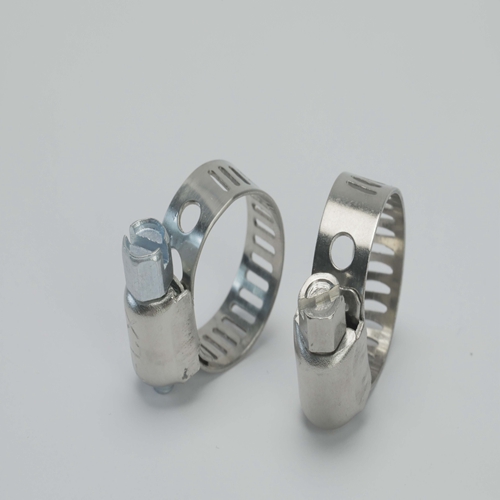- Phone:+86-17331948172 +86-0319-8862898
- E-mail: inquiry@puxingclamp.com
Aug . 17, 2024 19:33 Back to list
Exploring the Production Process in Steel Strip Manufacturing Facilities
The Importance of Steel Strip Factories in Modern Industry
Steel strip factories play a pivotal role in the manufacturing sector, producing high-quality steel strips that are essential for various applications across multiple industries. From automotive and construction to electronics and packaging, steel strips serve as the backbone of many products, underscoring the significant impact of these factories on the economy and daily life.
Manufacturing Process
The production of steel strips begins with the selection of raw materials, primarily iron ore. The ore is processed in blast furnaces to produce crude steel, which is then refined through several methods, including electric arc furnaces and continuous casting. This process yields flat steel products that are further rolled into strips. Hot rolling and cold rolling are two essential techniques used in steel strip manufacturing. Hot rolling involves heating the steel above its recrystallization temperature, allowing it to be easily shaped and formed. Conversely, cold rolling is performed at room temperature, resulting in a smooth surface finish and increased strength due to strain hardening.
Diverse Applications
The versatility of steel strips is a key reason for their widespread use. In the automotive industry, for instance, steel strips are essential for producing components such as body panels, chassis, and various structural parts. Their strength-to-weight ratio makes them ideal for enhancing vehicle safety while keeping fuel efficiency in mind. In construction, steel strips are used in the fabrication of beams, columns, and reinforcement bars, vital for ensuring structural integrity in buildings and infrastructure projects.
In the electronics sector, steel strips are utilized to manufacture essential components like connectors and housings. Their ability to withstand high levels of stress while maintaining electrical conductivity makes them invaluable in creating reliable electronic devices. Likewise, in the packaging industry, steel strips are used to produce durable and sustainable packaging materials that help protect goods during transportation and storage.
steel strip factories

Economic Impact
Steel strip factories significantly contribute to the economy by creating jobs and driving technological advancements. These factories employ skilled workers who operate complex machinery, conduct quality control, and manage production processes. The industry's growth fosters innovation, as manufacturers continuously seek ways to improve efficiency, reduce waste, and produce higher-quality products. Furthermore, as suppliers to various sectors, steel strip factories generate substantial revenue, contributing to local and national economies.
Environmental Considerations
As the demand for steel strips rises, so do concerns regarding sustainability and environmental impact. Steel production is energy-intensive and can result in significant carbon emissions. However, many factories are adopting green practices, such as recycling steel scrap and implementing energy-efficient technologies. The shift towards using electric arc furnaces, which require less energy and produce fewer emissions, is one such advancement. Additionally, ongoing research into alternative materials and production methods aims to further reduce the environmental footprint of steel strip manufacturing.
Conclusion
In summary, steel strip factories are integral to modern manufacturing, providing essential materials for a vast array of industries. Their role in producing high-quality steel strips supports economic growth while meeting the evolving demands of consumers and businesses alike. As environmental concerns continue to rise, there is an increasing focus on sustainable practices within the industry, ensuring that steel strip manufacturing can thrive responsibly for future generations. Whether in a car, a building, or an electronic device, the impact of steel strips is unmistakable, highlighting the importance of this industry in shaping the world we live in.
-
Large Stainless Steel Adjustable American Type Hose Clamp - Hebei Pux Alloy | Corrosion Resistance, Adjustable Design
NewsAug.03,2025
-
Large Stainless Steel Adjustable American Type Hose Clamp - Hebei Pux Alloy Technology Co., Ltd | Corrosion Resistance, Adjustable Design
NewsAug.03,2025
-
Premium Stainless Steel Strip Coil | Durable & Rust-Resistant
NewsAug.03,2025
-
Large Stainless Steel Adjustable American Type Hose Clamp - Hebei Pux Alloy Technology Co., Ltd
NewsAug.03,2025
-
Large Stainless Steel Adjustable American Type Hose Clamp - Hebei Pux Alloy Technology Co., Ltd
NewsAug.02,2025
-
Large Stainless Steel Adjustable American Type Hose Clamp - Hebei Pux Alloy Technology Co., Ltd
NewsAug.02,2025




